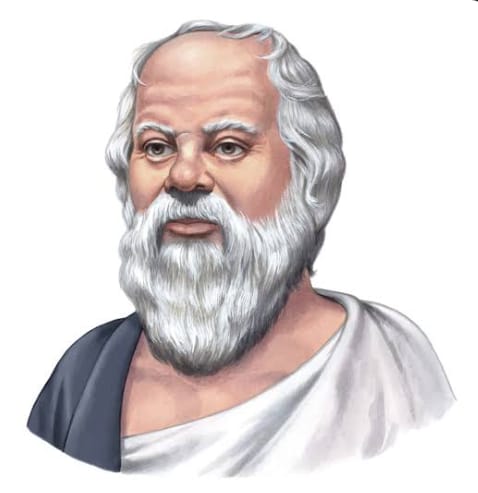Unconventional Swearing-In Ceremony In Ikere-Ekiti Local Government Area Raises Eyebrows.

In a surprising turn of events, the supervisors and advisers of Ikere-Ekiti Local Government Area in Ekiti state were sworn into office with a unique combination of the Quran and a traditional ‘Ògún’ totem. This departure from the norm has sparked curiosity and debate among the public.
The oath-taking ceremony took place on May 2nd at the Conference Hall of the LGA chairman’s office, presided over by Olu Adamolekun. In a viral video circulating on social media, the newly-appointed officials can be seen holding both a cutlass, representing the deity of iron, and the Quran while reciting their oath of office.
Traditionally, public officers in Nigeria swear their oath of office with either the Quran or the Bible, symbolizing their commitment to upholding the Constitution. However, in this instance, the appointees were instructed to pledge loyalty to the All Progressives Congress (APC) and its leaders in Ekiti, invoking the power of the Ògún deity.
Adamolekun led the appointees in reciting the oath in Yoruba, declaring their allegiance to the Ekiti state governor, deputy governor, APC, and its leaders. They solemnly vowed to adhere to the instructions of the party’s leaders, under the penalty of severe consequences from Ògún or the Quran.
The list of the newly sworn-in officials includes supervisors and advisers from various wards, namely:
SUPERVISORS
- Femi Ayeni – Are/Aramomi/Ayetoro Ward
- Olu Ogundipe – Okeruku Ward
- ldowu Ojo Omowumi – Atiba/Aafin Ward
- Ajayi Mathew Oladele – Ogbonjana Ward
ADVISERS
- Sola Alonge – Odose Ward
- Boluwaji Daramola – llapetu/ljao Ward
- Toyin Owolabi – Agbado/Oyo Ward
- Akojiyan Olamilekan Rasaq – Oke Osun Ward
- Filani Motunrayo – Afao/Kajola Ward
While the use of traditional deities alongside religious texts in the swearing-in ceremony is unusual in Nigeria, it has sparked discussions about the intersection of culture, religion, and governance. The decision to include Ògún in the oath-taking process reflects the significance of indigenous beliefs in the region and highlights the complex dynamics within Nigerian society.
As the news of this unconventional ceremony spreads, it remains to be seen how it will be received by the public and whether it will have any implications for the governance and administration of Ikere-Ekiti Local Government Area.







